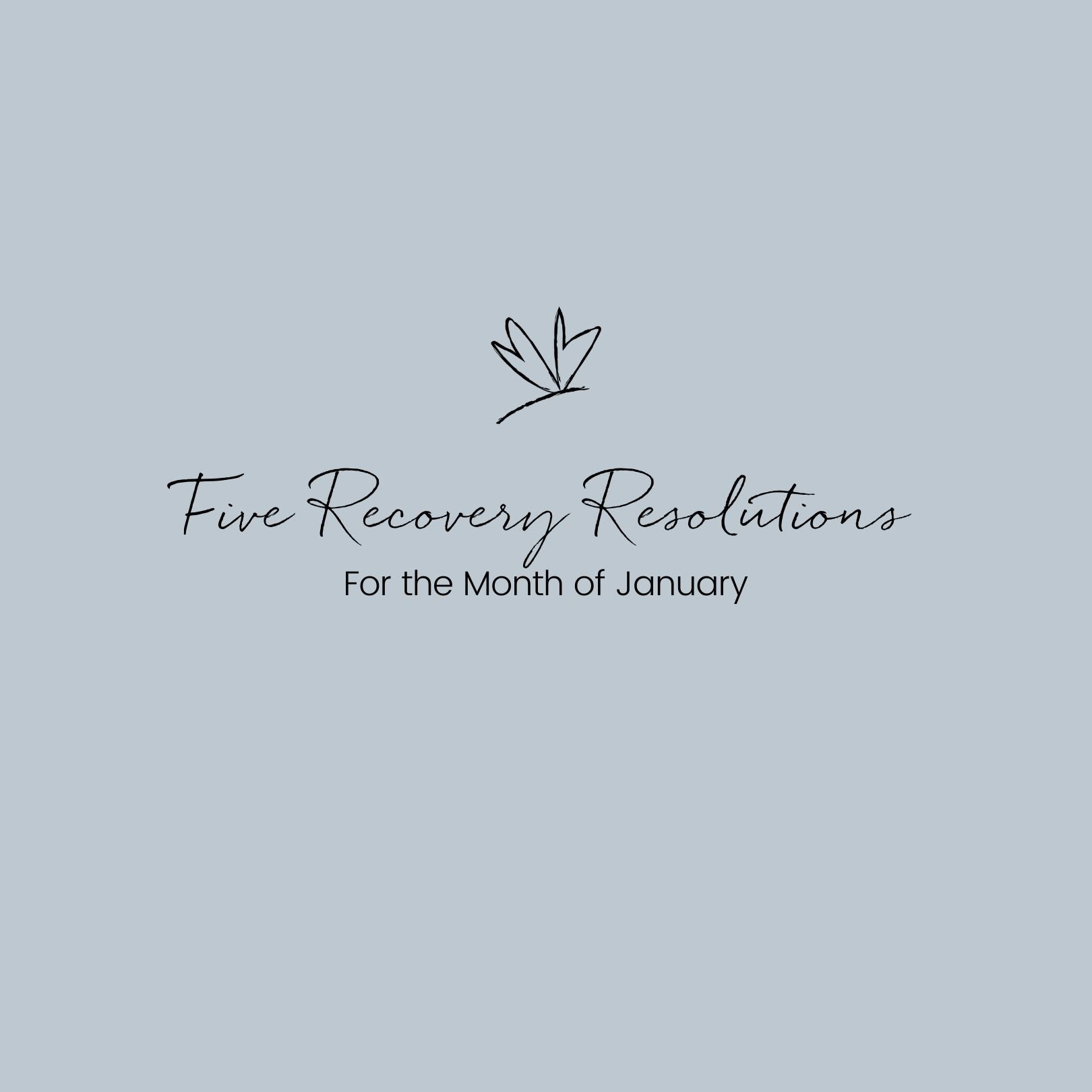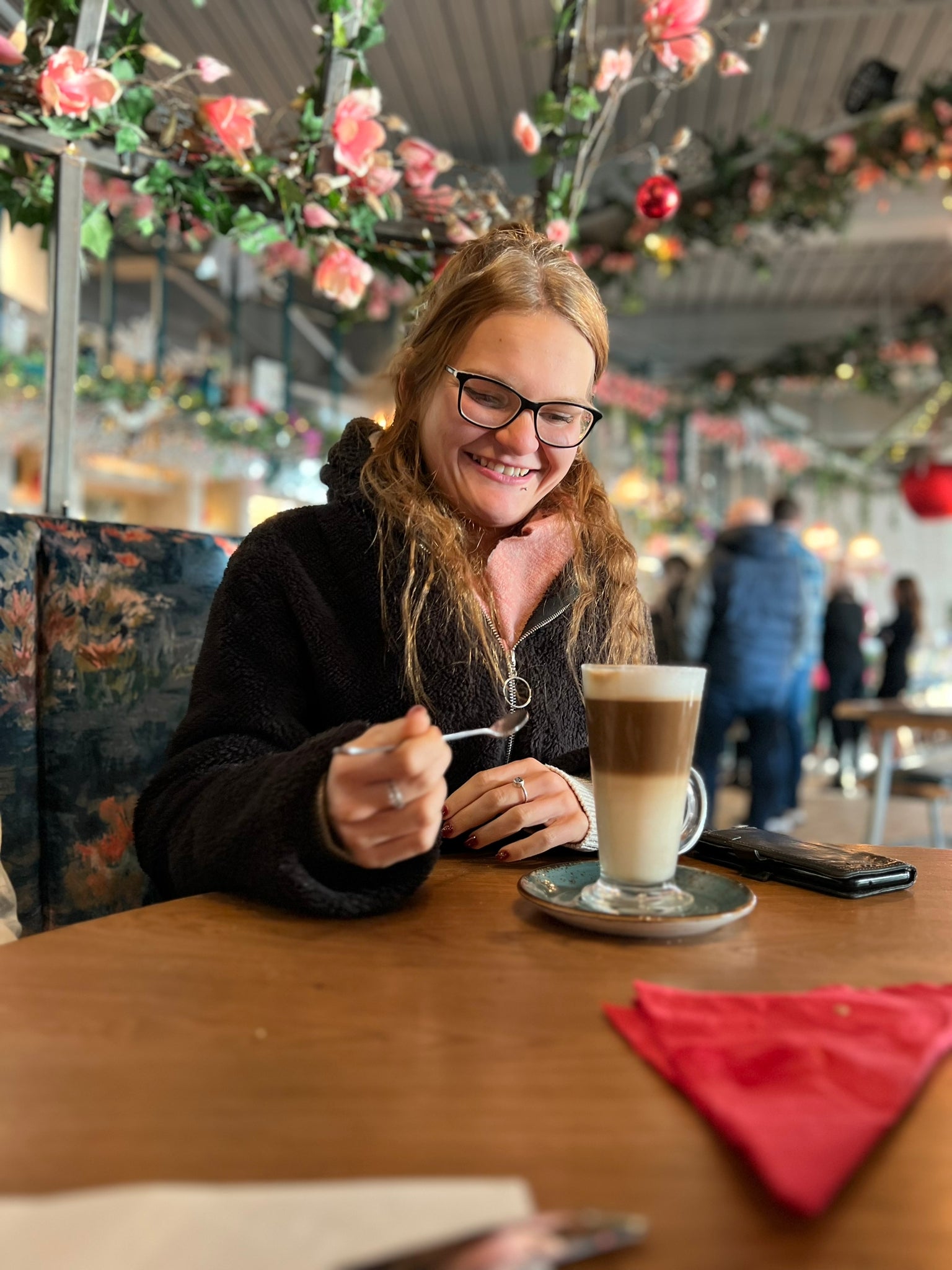Reflections on Flintoff’s Story
Since the airing of Freddie Flintoff’s ‘Living With Bulimia’ documentary earlier this week, we’ve been inundated with emails, social media messages and video reflections.
Many of you applauded the former cricketer for bringing the topic of eating disorders to primetime television in such an open and honest way.
You felt that he had placed a spotlight upon the distress caused by such an illness, and on the fact that so much stigma and shame still surrounds eating disorders generally.
Others of you were minded to highlight his bravery, specifically as a ‘male sufferer’.
You were glad to see a man telling his story, in the hope that it would go further to dispel the idea that eating disorders are something experienced only by young impressionable females who have a fascination with ‘being skinny’.
And let’s not forget too, that by appearing on camera in such a way, and giving a warts and all look at his mental health battle, Freddie helped to remind the population that illnesses as debilitating as an eating disorder can affect EVERYONE, and that even the most successful, wealthy, popular or seemingly confident, are not immune.
But aside from all these positive comments, expressed by you in the hours following the documentary, there was another important area of reflection too.
What many of you picked up on – as did we – was that Freddie clearly remains in a state of an ambivalent struggle with whether he is ‘sick enough’ to warrant concentrated treatment or therapeutic intervention.
Various elements of his narrative during the programme, captured the sense that he has ‘learned to live with’ his eating disorder, and that he knows he will continue to be deeply mindful of what he is eating, and how his body appears.
Some of you shared candidly with us about how uncomfortable this felt to you.
Others said that it made them ‘more aware than ever’ of how it must feel to a loved one to watch you deliberately choosing to continue to live a compromised life, accepting a ‘degree of the disorder’ within your daily world.
Rachael, who is making heroic progress in recovery from her eating disorder, said:
“It made me really emotional that even as he was talking to the other men, Freddie was still not seeing that he might need more help with his eating disorder.
“I reflect on my own experience and know that I had to learn that when you think 'I have control of the eating disorder it doesn't have control of me', it’s often the case that you don’t have control, but it’s the eating disorder making you believe it.
“By listening to what Freddie was saying, I found myself wondering if the way that I felt listening to him talk about being 'fine', and me wanting to shake him into seeing his situation – whether that’s how others felt with me when I truly believed it was not a problem.”
Lydia also reflected on the documentary’s powerful nature, but again, had spotted the way in which the illness was in danger of continuing to trick Freddie into ignoring the extent of its grip on him.
She said: “Freddie Flintoff and his journey with bulimia was very powerful, albeit a bit of an uncomfortable watch.
“Having suffered, and still suffering with bulimic tendencies, I was relieved to see bulimia talked about.
“Bulimia can feel like a ‘shameful’ disease and the more people talk about it the more, hopefully, help will be available.
“The documentary made me think about my own illness, especially when Flintoff says ‘I don’t want to be a statistic’. The sad reality is that eating disorders have a high mortality rate and people do need help and validation.
“I could definitely relate to Freddie when he said he believes he is in control of his illness; he can stop or start when he wants, however the sad and worrying truth is that our eating disorder mind is tricking us and the illness has a lot of control over us.
“It isn’t that we cannot take back control, the control my eating disorder is having over me dwindles everyday. We can win with help and support, no one should suffer in silence.”
Lydia and Rachael are absolutely spot on, in reiterating the need to challenge any dangerous internal dialogue which might seek to kid you that you’re more on top of the illness than you actually are.
When we talk about ‘recovery from an eating disorder’ we’re never talking about a state in which you’ll be ‘slightly less obsessive’, or where you can remain in a supressed body, but still have a ‘half life’ with a partner and a child, and we’re not talking about a scenario in which you simply become resigned to compromise.
Recovery means going beyond being a ‘Functioning Anorexic’ or ‘Functioning Bulimic’.
It’s certainly not easy, and Lord knows it takes a heck of a lot of work and resolve…but it’s worth it.
We hope Freddie will continue to be mindful of the need to gain ‘full freedom’ from his illness, and that the right cheerleaders will be there to help him achieve that.
Does this resonate? What did you think? Email hello@wednesdayschild.co.uk
- Sep 2020





